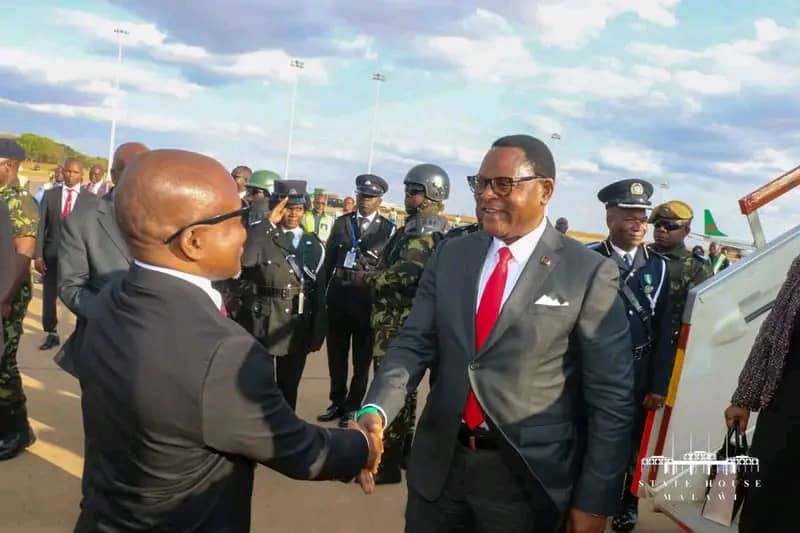By Burnett Munthali
As President Lazarus Chakwera returns from the 79th session of the United Nations General Assembly (UNGA), a question lingers in the minds of many Malawians and political observers: Is this his last appearance at this prestigious global event as Malawi’s Head of State?
This question is not without merit, given the political dynamics in Malawi as the country heads toward the 2025 general elections. President Chakwera, having served as president since 2020, may be eyeing a second term, but there are several factors that make his future as Malawi’s leader, and thus his future at the UNGA, uncertain.
President Chakwera’s first term has been marked by both progress and challenges. His victory in the historic 2020 court-sanctioned election re-run was seen as a moment of hope for many Malawians. However, as his administration approaches the end of its first term, the political terrain has shifted. Rising inflation, economic difficulties, and public dissatisfaction over unfulfilled campaign promises have cast doubt on the president’s ability to secure a second term.

Opposition parties, particularly the Democratic Progressive Party (DPP), are gearing up for the 2025 elections, and Chakwera will face a tough battle to retain his position. Should the political winds change, this year’s UNGA could very well be his last as Malawi’s leader.
Another consideration is the internal dynamics within the ruling Tonse Alliance, which brought Chakwera to power. As the alliance prepares for the 2025 elections, there are questions about whether all parties in the coalition remain unified behind Chakwera’s leadership. Any significant political shifts within the alliance could impact his candidacy, either strengthening or weakening his chances of securing a second term. If the alliance fragments, his political future may become more precarious, potentially making this UNGA his final one as president.
Additionally, Chakwera’s age has been a topic of debate. Now in his late 60s, some have speculated whether he might consider stepping down after completing his first term to pave the way for younger leadership within the Malawi Congress Party (MCP). Though Chakwera has not publicly indicated such a move, the possibility cannot be entirely ruled out.
At the UNGA this year, President Chakwera spoke with conviction about Malawi’s needs, securing commitments for financial and technical support, particularly in areas like energy, climate financing, and agriculture. His meetings with the International Monetary Fund (IMF) and World Bank signal his continued efforts to engage the global community in addressing Malawi’s economic challenges. Should he return for another term, these relationships will be crucial in shaping his legacy.
However, the question remains: if this is indeed his last UNGA, how will he be remembered on the global stage? Chakwera has been a vocal advocate for multilateralism and reforming international institutions to better serve developing nations. His speeches at the UN have consistently called for equity in global governance, particularly on issues like climate justice, where African countries, including Malawi, bear the brunt of environmental impacts despite contributing little to global emissions.
In conclusion, while it is impossible to predict with certainty whether President Chakwera’s appearance at this year’s UNGA will be his last, the political, economic, and personal factors surrounding his leadership make it a legitimate question. His ability to secure a second term in 2025 will depend on his success in addressing domestic challenges, maintaining unity within the Tonse Alliance, and convincing Malawians that his leadership is still the best path forward for the nation.
Regardless of the outcome, Chakwera’s participation in this year’s UNGA reflects his commitment to ensuring that Malawi continues to have a voice on the global stage. Whether or not we see him at next year’s UNGA, his contributions to international discourse and efforts to elevate Malawi’s standing will undoubtedly be part of his legacy.


